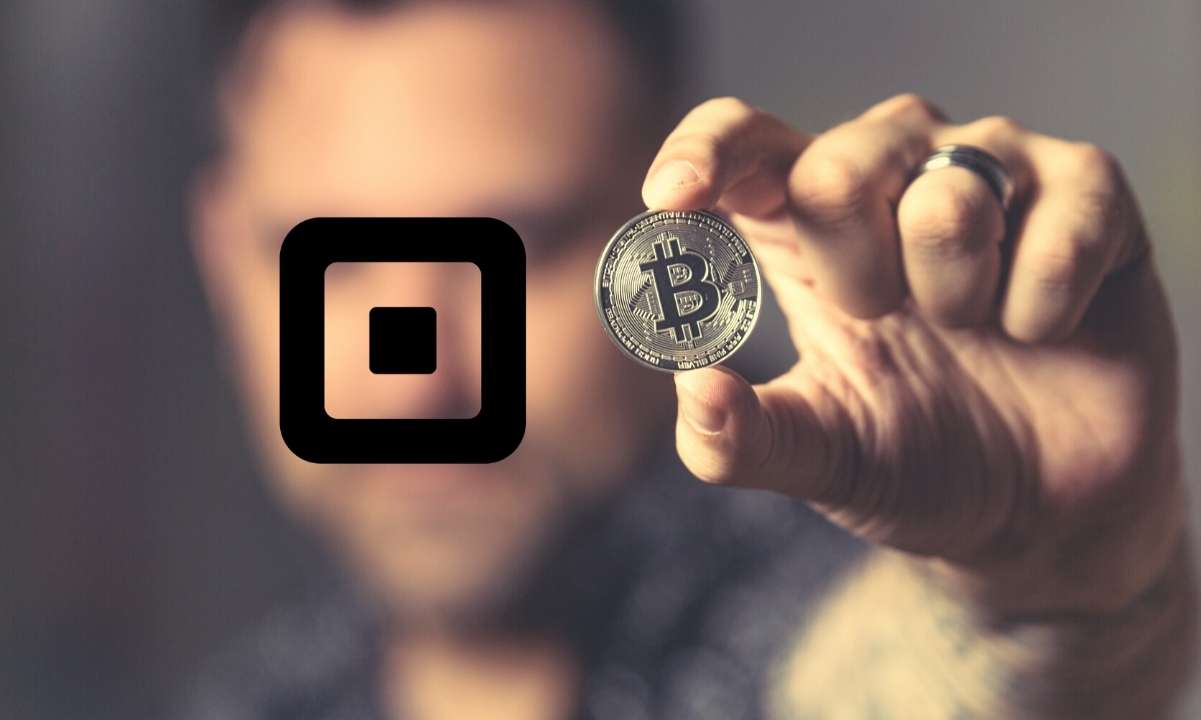Bitcoin, or cryptocurrency (also known as "crypto"), is a decentralized digital currency that is not subject to regulation or control by a central authority or government. The word "Crypto" means secret or hidden. That alone should make the hair on the back of your neck stand up. Many crypto brothers, I ask "what does decentralization mean?" He went on and on about how great cryptocurrency is until he started asking questions like:
"Dude, it's unregulated and there's no government control over your business."
"Okay, so what if the cryptocurrency company is a scam?"
In addition to the lack of government regulation or oversight, many of these crypto companies are constantly moving from one country to another in search of a safe haven free from regulation and taxes. Sounds good to me.
"The next question is, if it's a digital currency, can I use my cryptocurrency to buy products?"
"No man, you can't do that!"
So cryptocurrency is not a currency, it is a speculative investment like wheat futures.
Note: Wheat futures are a standard commodity futures contract. In a contract, the buyer agrees to accept a certain quantity of wheat from the seller at a predetermined price (for example, 5,000 bushels) on a future delivery date. Commodity exchanges have been operating since 1877.
With a cryptocurrency exchange, you can exchange your money and receive bitcoins or tokens in your digital wallet. Many cryptocurrency exchanges have thousands of tokens until they go bankrupt and lose it all. A cryptocurrency exchange is nothing more than a clearinghouse where you buy and sell your product, like the New York Stock Exchange or Nasdaq. These tiles are nothing more than magic pills. It is a speculative investment where you wish and pray that others will come and pay a higher price for your magic beans so the value of your magic beans will increase.
For comparison, let's say you walk into Caesars Casino in Las Vegas. You give them $1000 in cash and they give you $1000 in Caesar chips to play with. You sit down and play blackjack for a few hours and at the end of the game you go to the cashier to cash in your Caesars chips. Simple enough, right? What if Caesars executives took their money and went to the MGM casino and lost? Now when you want to cash out Caesars Tokens they suddenly stop exchanging them and you are left with worthless Caesars Tokens that you bought for $1000 and are now worth $0. The same is true in the cryptocurrency market.
Sam Bankman-Fried (“SBF”) was supposed to be the new “dog,” the cool guy in cryptocurrency. Sure, he was a smart guy who had graduated from MIT and worked as a trader at Janes Street Capital. He founded cryptocurrency trading firm Alameda Research and discovered an arbitrage game (the difference in prices of the same asset class) where he could buy a certain type of cryptocurrency in the Bahamas for $1,000 and sell it in Japan for $1,050. However, the day you can grow it (increase your investment capital) a 5% profit doesn't seem like much, so now you buy $10,000,000 worth of cryptocurrency and sell $10,500,000 a day. That's a risk-free profit of $500,000 a day. Nothing bad. He then founded FTX, a cryptocurrency exchange in the Bahamas.
SBF told Sequoia Capital (a Silicon Valley venture capital firm) about the so-called super FTX app. “I want FTX to be a place where you can do whatever you want with your next dollar. You can buy bitcoin. Can you send money? Any time, any currency, any friend." Somewhere in the world. You can buy bananas. Within FTX, you can do whatever you want with your money." They bought the field and invested $210 million in FTX even while SBF was playing League of Legends in the Zoom challenge. FTX raised more than $400 million from 69 institutional investors, including Blackstone. , SoftBank and the Ontario Teachers' Pension Fund This investment is now worth $0.
Ultimately, any investor should ask themselves a few simple questions.
Can you understand and explain this product to me in simple language?
Is it transparent?
Do you have long term experience?
Is it possible to close (minus the bet)?
If you answered no to any of these questions, then run away from this investment.
Matthew Owen lives in Eureka and believes the First Amendment allows for freedom of speech.

